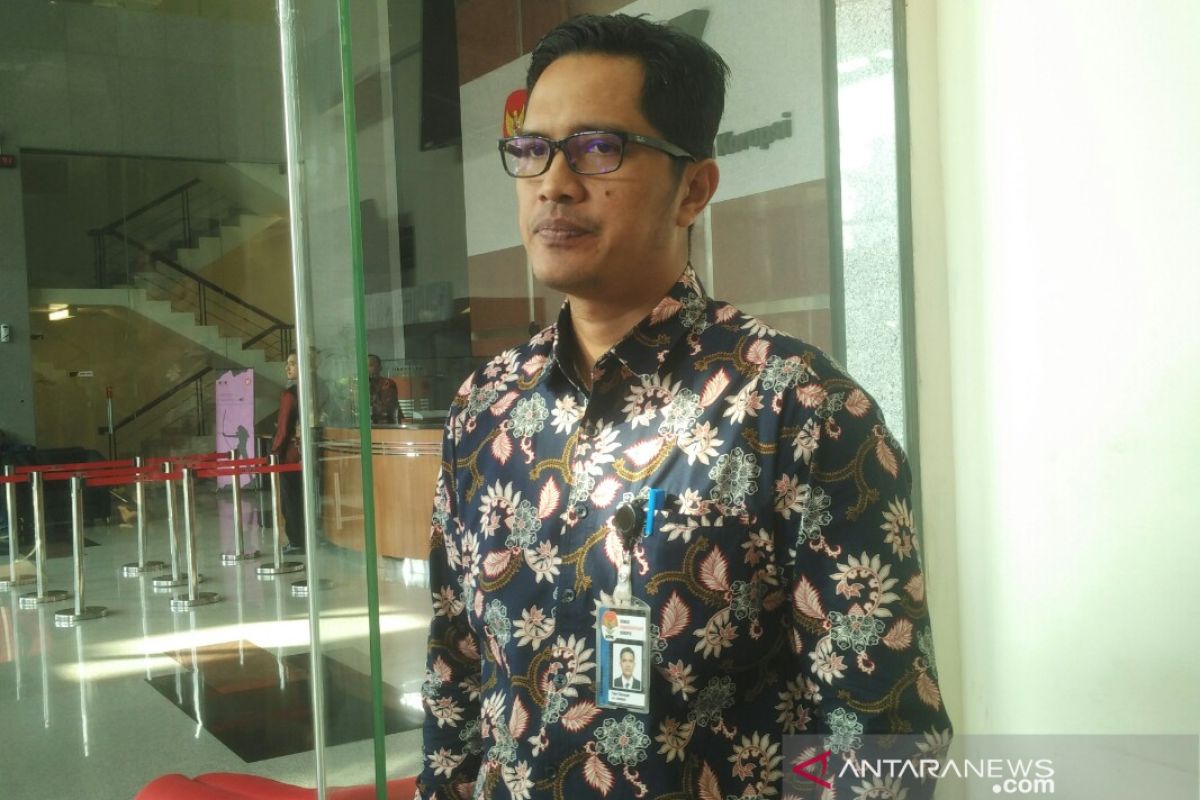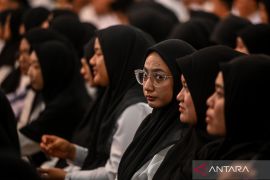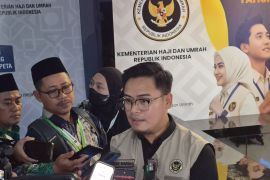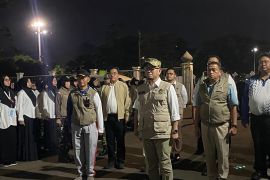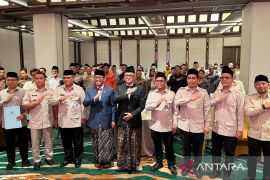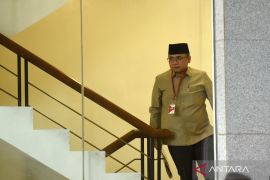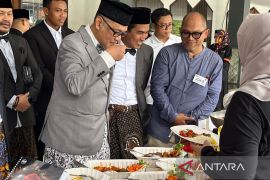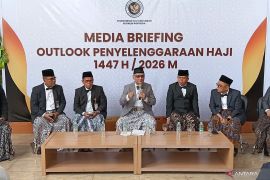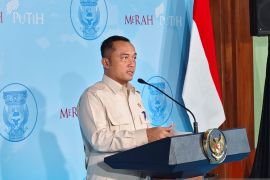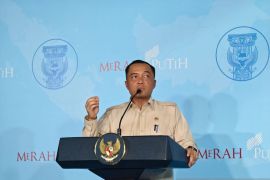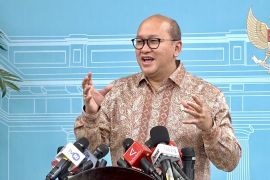"KPK has conducted studies connected to the administration of Hajj during the January-November 2009 period, and the results of the report were ready in 2010," KPK spokesman Febri Diansyah noted here on Thursday.
Diansyah spoke of the five chief aspects reviewed by the KPK from a total of 48 findings, specifically seven findings concerning regulation, six institutional-related findings, 28 findings related to management, three findings on HR management, and four findings connected to health management.
In the meantime, he reported that several notable findings were linked to the placement of funds for the Hajj Implementation Fee (BPIH) deposit, determination of the amount allocated nationally, and two sources of funding for activities, with the APBN apart from BPIH, so a risk of financial waste existed.
Moreover, the needs of independent Hajj supervisory institutions, procurement tasks, and functions are yet scattered across various sub-directorates, the validity period of the Hajj Guidance Group (KBIH) permit, funding for Hajj rituals, lodging issues and Hajj catering services, flight costs, financial records, inappropriate use of indirect costs, and illegal levies imposed were other areas of concern.
"The findings in the study completed by the KPK in 2010 have been submitted to the Ministry of Religion to be followed up. Some have been applied, but in its development, not all findings can be rectified, and the KPK also still finds suspected irregularities," Diansyah remarked.
He revealed 33 findings in 2010-2012, so the status was "closed." Hence, 15 findings had yet to be followed up.
"In fact, as it is known, the KPK finally conducted an investigation involving the suspect of the Indonesian minister of religion at that time (Suryadharma Ali), as corruption was found along with inconsistency and also violations of efforts to improve," Diansyah remarked.
The violations in the form of appointing 180 families and colleagues in the Hajj Organizing Committee (PPIH) and appointment of seven families and colleagues to be Amirul Hajj's escort officers, "mark up" in the lodging prices, and sending 1,711 family members and colleagues that was not in accordance with the number in the queuing system that uses the remainder of the national hajj quota.
"This means if there are deviations committed indicating criminal acts of corruption, the KPK follows up with legal processes in line with the applicable rules. For instance, the handling of earlier cases, and packaging processes involving the collection of material and information until new investigations are now underway," he remarked.
He explained that in the prevention efforts, currently, progress was made in the studies related to the implementation of Hajj, so more recent mapping was conducted in the implementation of Hajj in Indonesia, thereby resulting in suggestions and improvements that can be more targeted.
The KPK had on Wednesday (May 22) also sought information from Minister of Religion Lukman Hakim Saifuddin in the course of investigations into organizing the Hajj.
EDITED BY INE
Translator: Eliswan Azly
Editor: Fardah Assegaf
Copyright © ANTARA 2019
